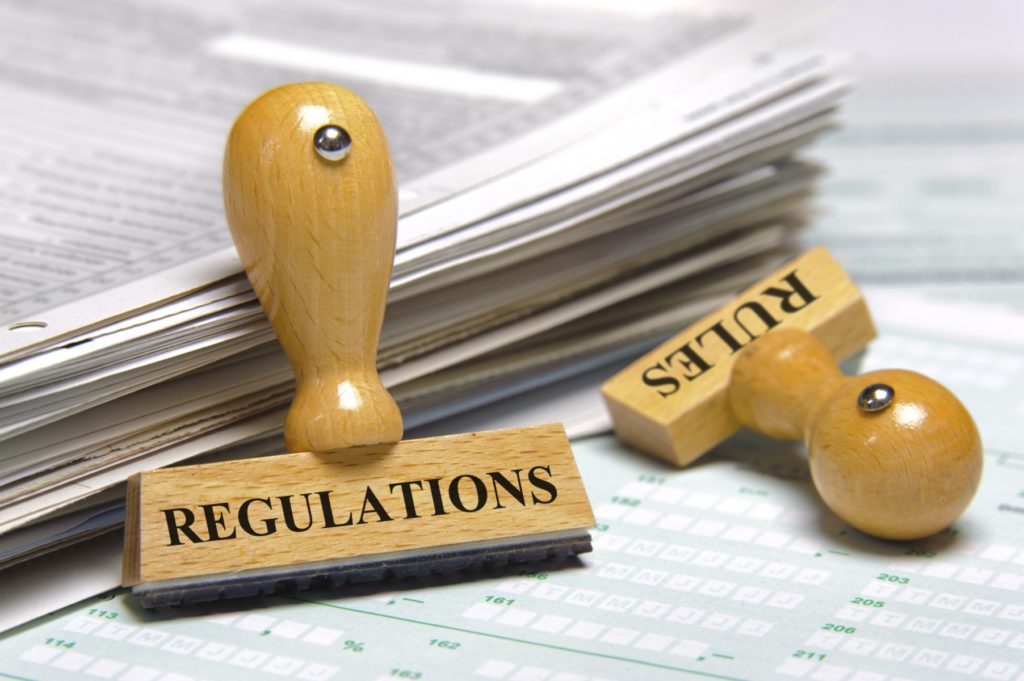
2018 was a year full of ups and downs, with many changes in the restaurant industry. Though the Union Budget didn’t match the expectations of the public, with a number of regulations, the restaurant space had quite an eventful year. Here’s how the government changes impacted the past 12 months.
Input Tax Credit Withdrawal
Though there weren’t any major alterations in the F&B industry, withdrawal of the input tax credit proved to be a boon to the agricultural sector. With the supply and quality of raw materials improved, the restaurant industry experienced a positive wave of change.
GST Impact
The restaurant space bore a brunt, post demonetization. However, GST received positive reviews from restaurateurs across the country. In two major cities, more than 70 per cent of the businesses welcomed this decision wholeheartedly, while on the other hand 68 per cent restaurant owners felt it will be compliant.
New Excise Policy
In some states, the liquor license fee remained unchanged. Unlike the previous times, when only places with a three-star or more rating could apply for a permit, standalone bars and pubs were entitled for license application.
Ban on Alcohol Sale Near Highways
The Supreme Court’s directive to not sell or purchase alcohol near highways impacted the bars, hotels and restaurants. Business was hit due to the new license norms and excise policy.
Recorded Music Banned in Pubs
Another ban that impacted the restaurant industry was the notice to not play recorded music in pubs. A circular was issued to L-17 license holders barring them from playing recorded music, while live music was approved.
Plastic Ban
The ban on use of plastic bags in June severely affected restaurants, as it impacted on the takeaway service. Businesses took a hit as this impacted food deliveries to a great extent, since even plastic containers were banned.
Eat Right Movement Launched
In July, the FSSAI launched a ‘Eat Healthy’ movement that was targeted towards hygienic practices in the restaurant industry. This was also implied on street food vendors. Restaurants that didn’t comply with the health and hygiene standards had their licenses revoked.
Delisting of Restaurants
Post the directive from FSSAI, food delivery apps delisted restaurants that didn’t comply with the food regulator’s decree on health and hygiene standards.
Ban on Hookah Parlors
According to Tobacco Products (Prohibition) Act (COTPA) of 2003, the government of Maharashtra implied a ban on hookah parlors across the state. According to a senior counsel, this was levied post the accident in one of the pubs in Mumbai.
Service Charge Taxed
The Income Tax department and restaurants have always been in arguments regarding service charge. This is a benefit for the restaurant staff. However, a failure to do so was taxed as income.
Smoking Rooms Made Mandatory
A decree passed by the Karnataka government saw an introduction of smoking rooms in bars, hotels, pubs and restaurants. As per this circular, smoking was banned in the eating areas and, non-smokers and under 18 people were restricted from entering these zones.
The past year has had a mixed impact on the F&B industry. Though it was a roller coaster ride, restaurants have managed to sail smoothly through the highs and lows.

